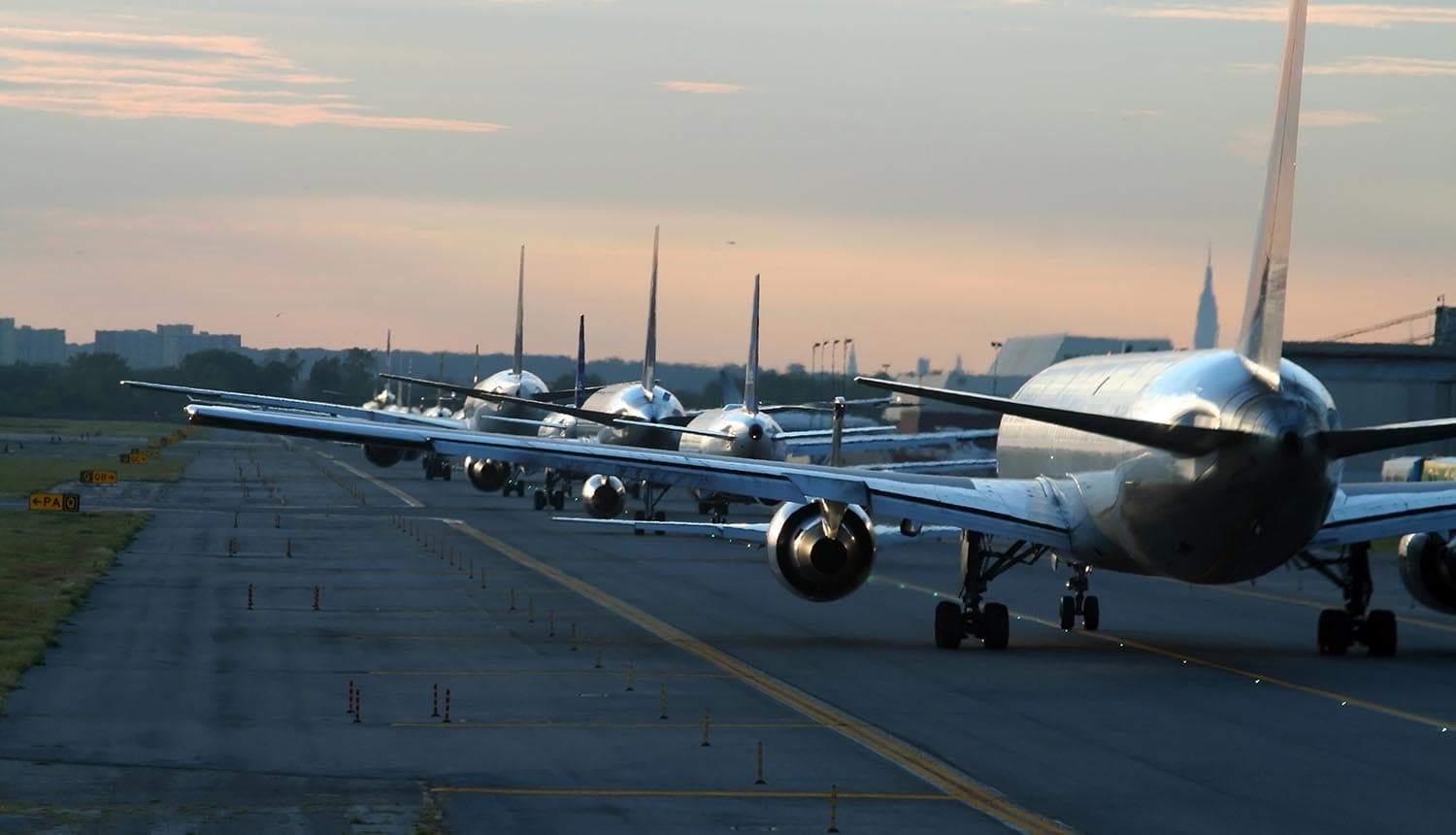Have you ever wondered how disruptive a cyber attack could be for a major airline?

This image is property of www.cpomagazine.com.
Understanding the Aeroflot Incident
On July 28 and 29, 2025, the well-known Russian airline Aeroflot faced significant operational difficulties following a cyber attack attributed to a pro-Ukraine hacktivist group named Silent Crow. This incident not only forced the cancellation of numerous flights but also raised pressing concerns about cybersecurity in the airline industry, especially in light of ongoing global tensions.
Who is Silent Crow?
Silent Crow is a relatively new player in the world of cyber activism, having emerged in late 2024. This group claims to be motivated by a desire to expose vulnerabilities within Russian infrastructure. They have built a disruptive reputation by targeting various critical systems, including government entities and private companies. Rather than seeking ransom, their goal appears to be creating embarrassment or harm by leaking sensitive data to the public.
The group has stated that they focused on Aeroflot’s operations to reveal weaknesses within the airline’s cybersecurity. Understanding the strategies and motivations behind such attacks can help individuals and organizations better prepare for potential threats.
The Impact of the Attack on Aeroflot
Flight Cancellations and Delays
Following the cyber attack, Aeroflot canceled 54 out of 260 scheduled flights on July 28, with an additional 22 outbound flights from Moscow and 31 incoming flights impacted the following day. This presented a severe inconvenience to hundreds of passengers, many of whom were left scrambling for alternative travel arrangements.
Travel disruptions like these can lead to a cascade of economic consequences—from missed connections to hotel accommodations for stranded travelers. Understanding the operational challenges faced by airlines in the wake of cyber attacks is crucial.
System Downtime
As passengers experienced extended periods of downtime while trying to access their rewards accounts and ticket refund systems, it quickly became clear that the airline’s internal systems suffered a serious blow. Reports suggest that Aeroflot was forced to revert to manual systems, a major setback that could have significantly affected operational costs and efficiency.
The Broader Context of Cyber Warfare
The Aeroflot incident highlights the ongoing state of cyber warfare between Russia and Ukraine. For months prior to this attack, both countries had engaged in a range of cyber activities aimed at disrupting each other’s operations. This attack can be viewed as a response to broader geopolitical tensions, with implications stretching far beyond the airline industry.
Patterns of Attacks
Both Ukrainian and Russian hackers have been known to engage in destructive ransomware attacks as a response to the conflict. Silent Crow’s actions mark a shift, reflecting a growing trend where hacktivists focus on infrastructure sabotage rather than purely financial gains. Understanding these patterns can offer insights into potential future threats in other sectors.

This image is property of www.cpomagazine.com.
The Aftermath for Aeroflot
The consequences of this cyber attack extend beyond immediate flight disruptions. Aeroflot’s reputation has taken a hit, which could have lasting effects on customer trust. Organizations need to recognize that the fallout from cyber incidents can influence public perception and consumer behavior.
To measure the operational and financial impact of such incidents, data is essential.
Estimated Conclusions
| Metric | Estimation |
|---|---|
| Canceled Flights | 76 (54+22) |
| Operational Cost Loss | Millions of dollars |
| Flight Delays Impacting Passengers | Hundreds of passengers |
Silent Crow’s Unique Approach
Silent Crow distinguishes itself by not demanding ransom, but instead opting to leak sensitive information immediately after an attack. This tactic aims to create maximum embarrassment and disrupt operations. Their alleged destruction of 7,000 Aeroflot servers indicates an unprecedented level of cyber aggression, symbolizing not merely disruption, but also a clear psychological message.
Strategic Insights
By focusing on critical infrastructure, Silent Crow’s approach underscores the broader implications of cyber activities related to warfare. Their partnership with fellow hacktivists like the Belarusian Cyberpartisans serves this strategy, aiming to pressure government systems for political change, highlighting the growing intersection of technology and activism.
Cybersecurity Measures and Prevention
The Aeroflot incident serves as a stark reminder for organizations regarding the importance of robust cybersecurity measures. In light of potential threats, here are key strategies to mitigate risks:
Continuous Threat Hunting
Organizations should continuously monitor their systems for vulnerabilities. This proactive approach helps in identifying potential attacks before they can inflict damage.
Network Segmentation
By segmenting networks, companies can minimize the impact of an attack, isolating breaches to limit damage. This strategy protects critical systems from widespread disruptions, ultimately maintaining a more resilient operation.
Disaster Recovery Planning
Having a solid disaster recovery plan is essential. This ensures that organizations can respond quickly to incidents, restoring operations while minimizing downtime significantly.
Collaborative Defense Efforts
It’s vital for organizations, especially in critical sectors like aviation, to engage in collaboration with government entities and fellow industry players. Such collaborations can foster intelligence-sharing initiatives, improving collective defense strategies against cyber threats.
Experts Weigh In
Respected figures within the cybersecurity realm, like Steve Povolny from Exabeam, emphasize the need for a holistic approach to cybersecurity. They urge companies not just to focus on technical solutions but to address organizational culture around security as well.
The Future Landscape
The ongoing struggle between cyber attackers and defenders indicates that the future of aviation security will need to continuously evolve. As technology advances, so too will the strategies employed by malicious actors. Your awareness and understanding of these dynamics are crucial for the safety and security of your future travels.
Conclusion: Navigating a Cyber Risk Landscape
The cyber attack on Aeroflot has far-reaching implications, not just for the airline but for the entire aviation industry. Gaining insights about incidents like these prepares you to better understand the interconnectedness of technology, travel, and security.
By staying informed and adaptable, you will be better equipped to navigate the increasingly complex landscape of cyber threats while ensuring your travel experiences remain as seamless and enjoyable as possible.